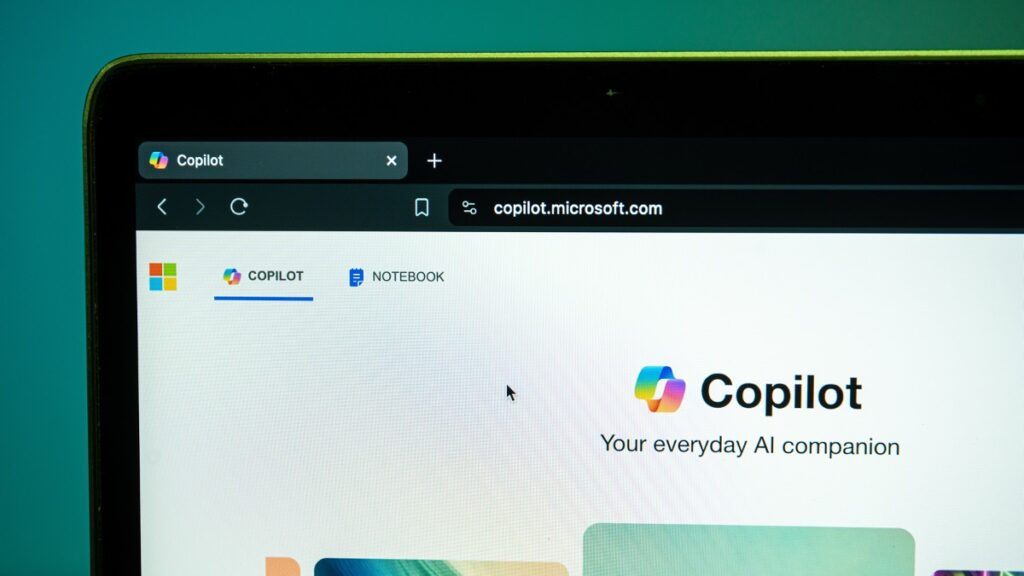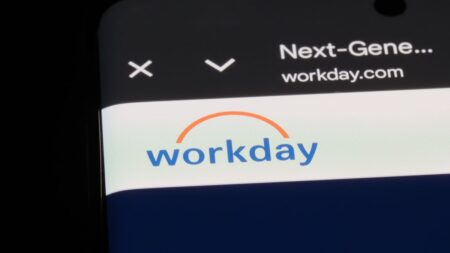
As Microsoft Ignite, the company’s annual conference for partners and developers, approaches in just a few weeks, news is starting to emerge about the innovations that will be featured at the event. One notable announcement is related to new autonomous agent capabilities for Microsoft Copilot Studio.
Assistants, Meet Your Agents
During its recent AI Tour event in London, Microsoft revealed the imminent introduction of new capabilities that will enable users to build bespoke autonomous agents in Copilot Studio that carry out tasks specific to their business. The new agents will leverage Copilot’s holistic data access and publishing capabilities to work independently on behalf of users.
Agents can be configured to initiate actions based on particular triggers, such as scheduled responses or defined events that occur in an array of systems and tools. The actions, or paths, agents take are intricately documented so users can understand the decision-making process.
Furthermore, a new Activity tab will enable users to access previous agent actions, track progress, analyze trends, and more. Agents will also utilize some of the latest LLMs, such as the OpenAI o1 series (limited private preview). The models used are tailored to advanced reasoning, a critical feature if an autonomous agent is to decipher difficult issues independently.
Microsoft’s comprehensive security and governance features will fully support and secure the new agents. These include enterprise-grade data protection measures, guardrails including policy definition tools, and agent lifecycle management features.
Tried and Tested
In its announcement about the new capabilities, Microsoft cited a series of customer stories regarding companies that had already used its autonomous agent build features. One of those companies was McKinsey & Company.
The global consultancy is developing an agent to accelerate the client onboarding process. In a pilot test, the company found that lead time could be reduced by 90% and admin tasks reduced by 30%.
“We are excited about the power of copilot agents in taking AI transformations to the next level,” said Rodney Zemmel, senior partner at McKinsey & Company. “We’ve seen early success of our pilot agent that was built for our own organization, in collaboration with Microsoft…And we see tremendous potential for agents to help our clients rewire the way their businesses operate.“
Closing Thoughts
For me, the most interesting aspect of this news is how these emerging capabilities will enable Microsoft to compete directly with Salesforce’s Agentforce. Until now, Microsoft’s Copilot features were firmly positioned in the AI assistants camp, while Salesforce has advanced its autonomous agent-building capabilities, clearly marking its territory.
However, Microsoft’s new agent-building features pose a direct challenge to Salesforce. This could signal the opening of a new front in the AI Wars, potentially leading to one of the most significant and genre-defining battles yet.
That said, the direction Microsoft is taking also fulfills its aims of turning its Copilot technology stack into a complete set of tools to support a generation of AI-first companies. Or, as Microsoft puts it, “Copilot is emerging as the new user experience, acting as your UI for AI, making workflows smarter and more resilient through agents,” a bold vision indeed.









